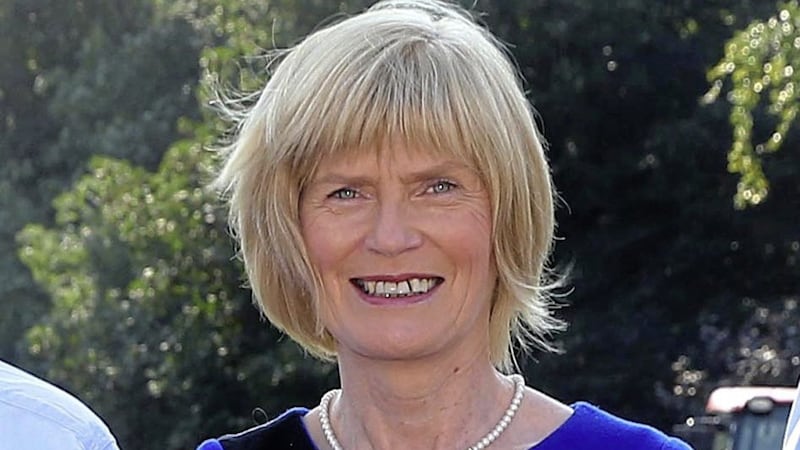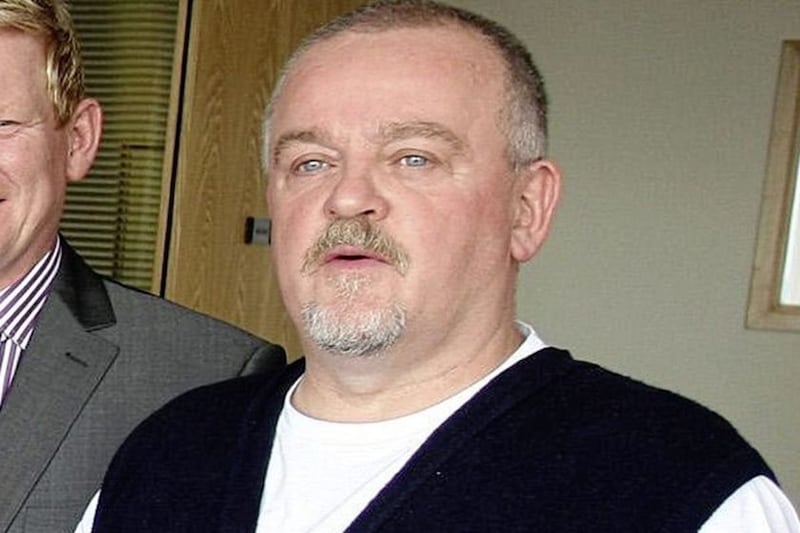More than two-thirds of people in the north are opposed to British government's plans to end prosecutions for Troubles offences.
Research conducted on behalf of the Commission for Victims and Survivors found that 70 per cent of those surveyed did not support a statute of limitations or an "unequivocally broad, unconditional amnesty", as recently signalled an official command paper.
The commission's representatives yesterday presented the results of the research, which also found that that 88 per cent of people believe it is important to address the legacy of the past, to Stormont's Executive Office scrutiny committee.
The group also welcomed recent moves to appoint a new Commissioner Victims and Survivors, to succeed Judith Thompson, whose extended tenure ended more than a year ago.
MLAs were told that that the "closure of avenues" as proposed in the British government legislation represented a "sweeping denial of rights to families and presented a real risk of seriously damaging future reconciliation".
Commission representative Mary Moreland, whose UDR reservist husband John was shot dead by the IRA in Downpatrick 33 years ago, said that while the Stormont House Agreement institutions were "not perfect" they had received broad support and remained the "best way forward to meet the varying needs of all victims and survivors".
She said the group's survey highlighted public awareness of how victims and survivors have been "considered politically unimportant in measures to address the past".
“We have been without a commissioner for over a year – this situation is incomparable to any other commission-led body," she said.
"It effectively silences the voices of those who have been affected by the Troubles and has stripped them of an independent champion at such a critical time."
Ms Moreland said that from a population of fewer than 2 million, 350,000 people had been affected by conflict.
"It would be shameful to sweep aside their needs at the last hurdle – those who advocate for drawing a line under people’s grief or pain, do not reflect our voice, or indeed the voices of the majority of the population."
The commission representative asked the committee members to support it in ensuring the needs of victims and survivors were "formally included across government policy development".
Commission chief executive Andrew Sloan said it was important when healing past divisions to be "actively inclusive of other backgrounds, ethnicities and cultures".
"Promoting Northern Ireland, strategic investment and regeneration are heavily reliant on prolonged and sustainable peace," he said.






